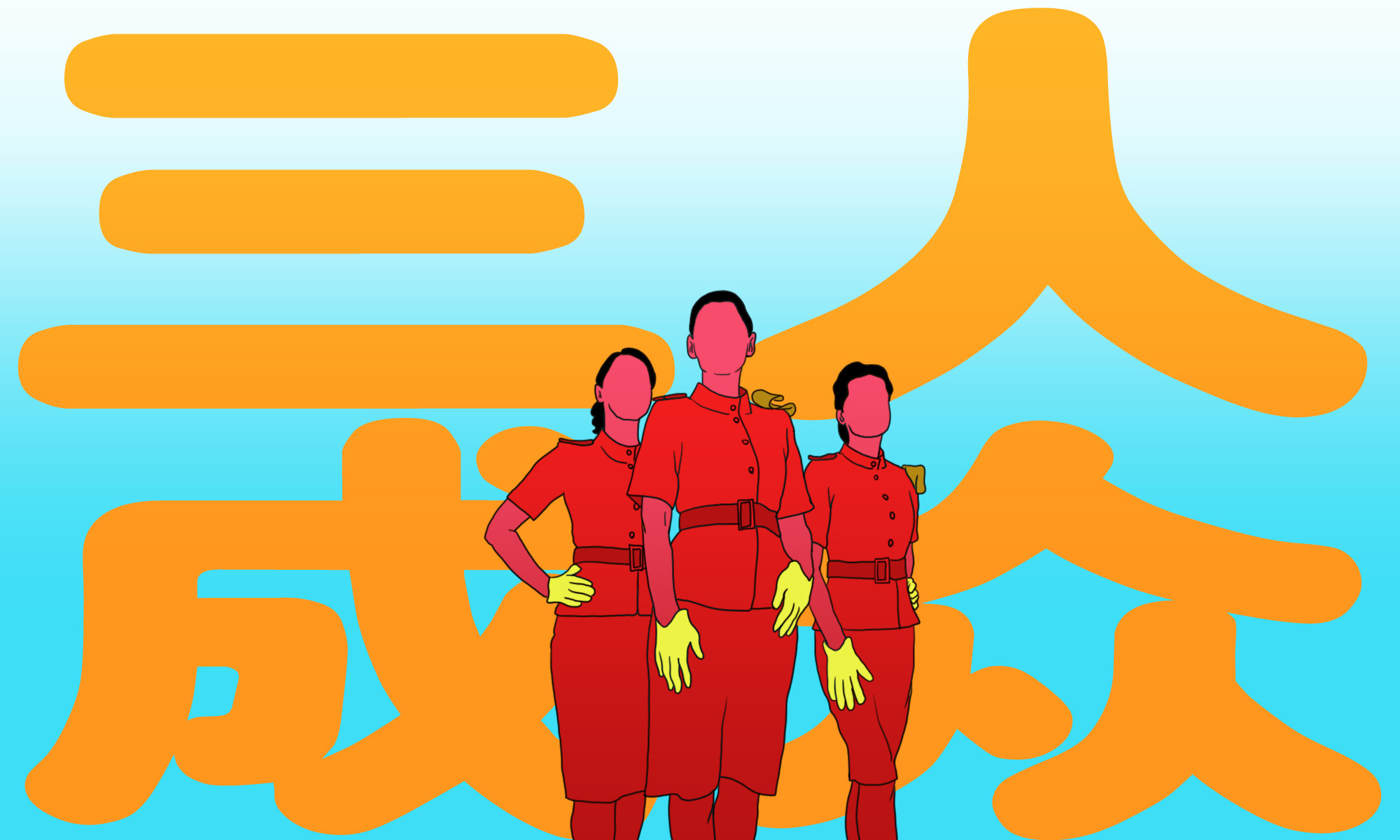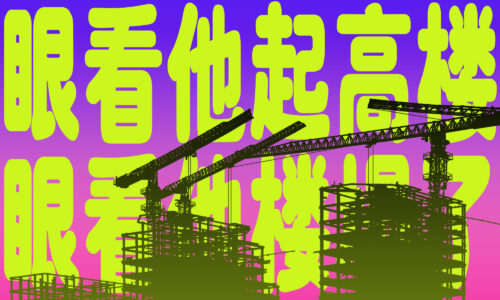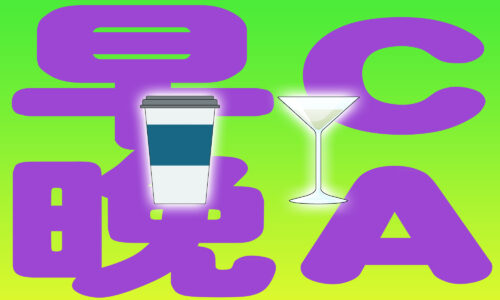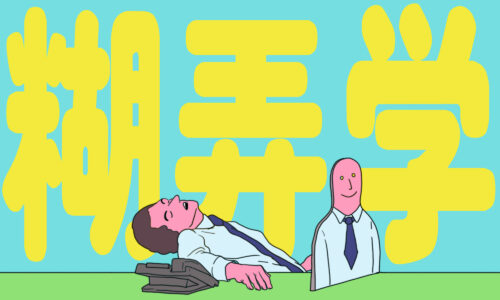‘Three makes a crowd’ — Phrase of the Week
Cathay Pacific is in hot water after three of its crew members were accused of discriminating against passengers from mainland China.

Our Phrase of the Week is: Three makes a crowd (三人成众 sān rén chéng zhòng).
The context
The Hong Kong–based airline Cathay Pacific is facing accusations of discriminating against travelers from mainland China.
On May 21, a Chinese passenger on Cathay flight CX987 from Chengdu to Hong Kong tried to ask a flight attendant for a blanket in broken English. Instead of saying blanket (毛毯 máo tǎn), they accidentally said carpet (地毯 dì tǎn) in English, which in Chinese differs by a single character.
Laughing out loud, the flight attendant said to her colleagues at the back: “If you cannot say blanket, you cannot have it. Carpet is on the floor.”
She continued to joke about it with her colleagues for the rest of the two-hour flight, and did not give the passenger a blanket.
Part of the conversation was recorded by another passenger, who shared it on the social media platform RED (小红书 xiǎo hóng shū).
The online uproar led to Cathay issuing three apologies within 24 hours and sacking the flight attendants involved.
This is not the first time the airline has faced criticism for discriminating against passengers from mainland China. And the fact that three flight attendants were involved implies it is a much-bigger issue:
Judging from the recording, it is not one person who engages in double-standard discrimination, but at least three people. Since “three people make a crowd,” group discrimination against the passenger shows it could be a company-wide issue.
从录音来看,搞双标歧视的,不是一个人,而是至少三个人,所谓“三人成众”,一群人搞歧视,或许就是公司本身的问题了。
Cóng lùyīn lái kàn, gǎo shuāngbiāo qíshì de, búshì yígerén, érshì zhìshǎo sāngerén, suǒwèi “sān rén chéng zhòng,” yìqúnrén gǎo qíshì, huòxǔ jiùshì gōngsī běnshēn de wèntí le.
And with that, we have our Phrase of the Week.
What it means
Three people make a crowd is a four-character idiom.
It means that if three people think one thing, many people probably do, too.
The idiom first appeared in The Chronicles of the Eastern Zhou Kingdoms (东周列国志 dōngzhōu lièguózhì), a Chinese historical novel written by Féng Mènglóng 冯梦龙, a poet, historian, and novelist who lived during the late Ming dynasty.
The novel begins with the Eastern Zhou dynasty (771–476 B.C.E.) and ends with the first unification of the Chinese empire by Qin Shihuang in 221 B.C.E.
The line from the novel describes how leaders of the states of the Eastern Zhou have come together:
Three people make a crowd. Delegates from four states have come, so the number is not insignificant. If we change the date (of the meeting), then it shows we cannot be trusted.
三人成众。今至者四国,不为不众矣。若改期,是无信也。
Sān rén chéng zhòng. Jīn zhì zhě sìguó, bù wéi bú zhòng yǐ. Ruò gǎiqī, shì wúxìn yě.
There is an English idiom, Three makes a crowd, but this has a completely different meaning. It’s used when two people find themselves in any situation with a third unwanted person around.
In the Chinese idiom, however, “three people” means that something already has critical mass, enough that the majority of people are thinking or believing the same thing. It’s a neutral phrase, but in the context of the Cathay Pacific scandal, it has a negative connotation.
The problem with Cathay Pacific, according to our Phrase of the Week, is not this one incident, but that three people were caught discriminating against the passenger.
So perhaps a better translation would be: The three people involved show this is a much-bigger issue.






